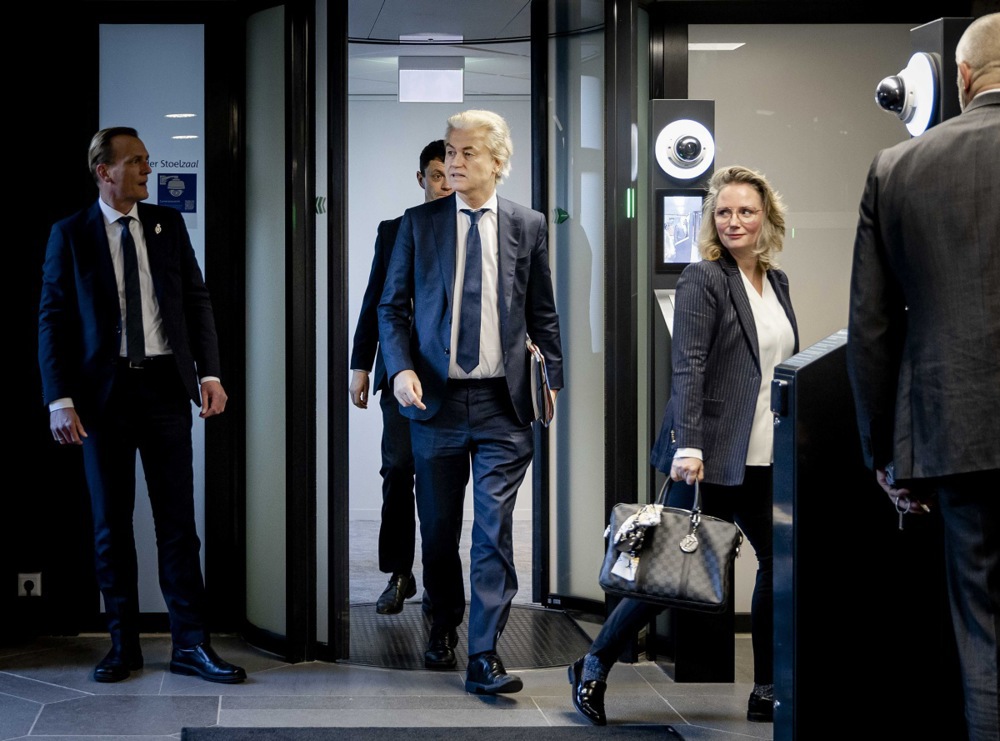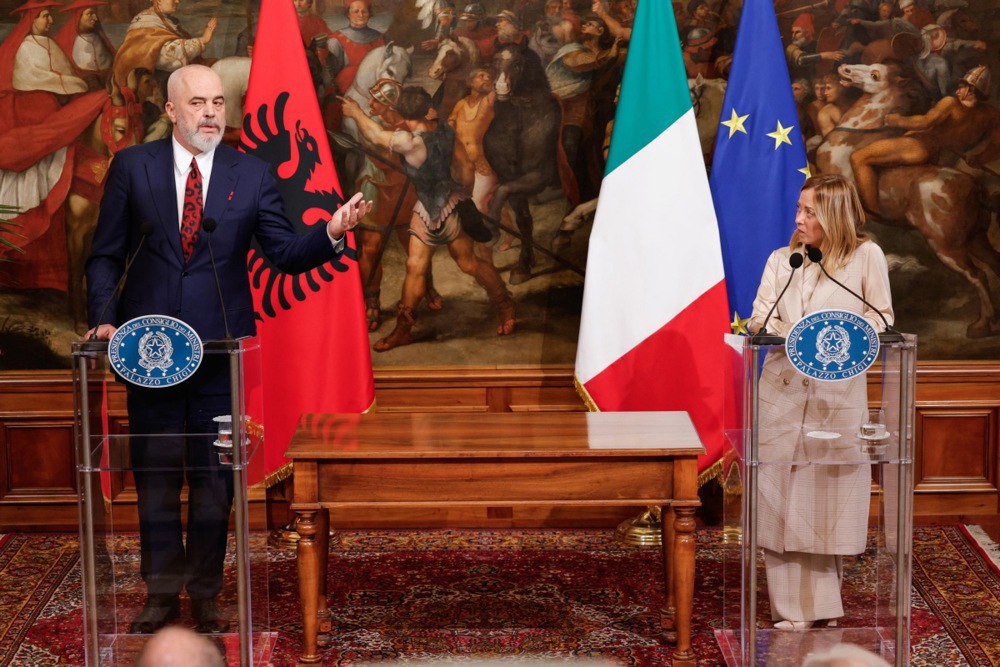Authorities in Cyprus have announced the suspension of asylum applications from Syrians following a significant surge in arrivals in April.
The deteriorating security situation in the Middle East is pushing record numbers of migrants to the shores of Cyprus.
On April 13, Cypriot President Nikos Christodoulides announced: “Due to the recent massive arrival of Syrian asylum-seekers by sea, and pending developments on the issue of the reassessment of the Syrian status, the examination of asylum applications in all cases of persons of Syrian origin is suspended.”
The duration of the suspension was not given.
Λόγω της μαζικής άφιξη Σύρων αιτητών πολιτικού ασύλου το τελευταίο διάστημα από τη θαλάσσια οδό, και εν αναμονή των εξελίξεων για το ζήτημα της επαναξιολόγησης του καθεστώτος της Συρίας, αναστέλλεται η εξέταση αιτήσεων ασύλου σε όλες τις περιπτώσεις προσώπων Συριακής καταγωγής.
— NikosChristodoulides (@Christodulides) April 13, 2024
The Cypriot Government said part of the reason for the move was in relation to continuous efforts to have the European Union reclassify specific regions of Syria as safe zones in order to facilitate repatriation of migrants.
Cypriot Interior Minister Constantinos Ioannou has been touring Europe, visiting Denmark, Czechia and Greece in an effort to garner support for that reclassification.
Ioannou stated that to initiate a formal conversation on the idea of a Syrian safe zone, he and his colleagues from the Czech Republic and Denmark would create an official document for the EU executive to consider.
Furthermore, Cyprus and Czechia are planning to send a joint mission to Syria to determine what areas in the country could be deemed safe although NGO’s and UN agencies claim the nowhere fulfils such classification.
A European Commission spokesperson indicated to Brussels Signal that Cyprus should not be too optimistic over the issue.
“Any return of refugees to Syria needs to be safe, voluntary and dignified, in line with UNCHR parameters and thresholds. The EU supports the Syrian refugees and their aspiration to live safely at home.
“For them to be able to return to their country, the necessary conditions need to be in place,” the spokesperson said.
That implies the EC will adhere to the UN’s standpoint regarding the Middle East country.
Thousands are leaving via Lebanon, claiming to be Syrian refugees and hoping to gain entry to the EU.
Cyprus welcomes by far the greatest number of migrants in the EU in relation to its domestic population. Some 2,140 people arrived in the country by sea in the first three months of this year, compared to just 78 in the same period of 2023, according to official data. That represents a 27-fold increase.
Christodoulides visited Lebanon earlier in April in a bid to convince the Government there to stop migrant boats from departing.
Both Christodoulides and Lebanese caretaker Prime Minister Najib Mikati have urged the EU to extend financial aid to assist cash-strapped Lebanon in curbing the stream of migrants.
The EC spokesperson said the body was “very much aware of the situation involving the recent high number of irregular arrivals from Lebanon to Cyprus”.
“The Commission is in close contact with Cyprus – at the highest political level and technical level. [EC] President von der Leyen has spoken again this Sunday April 14 with the Cyprus’ President Christodoulides.”
Some 2,140 people arrived in Cyprus by sea in the first three months of this year, compared to just 78 in the same period of 2023, according to official data. That represents a 27-fold increase.
Any financial assistance, according to Christodoulides, needs to be contingent on how well Lebanese authorities patrol their coastline and stop boat departures.
An existing bilateral agreement between Lebanon and Cyprus states that Cypriot authorities should repatriate migrants who try to enter the island from Lebanon.
Despite that, apparently due to internal pressure Lebanon is allegedly not working in accordance with the agreement, Ioannou has said.
Approximately 805,000 officially registered Syrian refugees reside in Lebanon, with 90 per cent of them living below the poverty line, according to the UN.
That comes as Lebanon has been grappling with a profound economic downturn since 2019. Authorities in the country claim the actual number of refugees is significantly higher than officially stated, being estimated to range between 1.5 and 2 million.
The EC spokesperson said the body was working on implementing the EU Action Plan for the Eastern Mediterranean to manage migration, including to and from Lebanon.
“Between 2011 and 2023, the EU has provided €2.6 billion in support to Lebanon to address the impact of the Syrian crisis, ensuring access to education, healthcare, and social protection for both Syrian refugees and host communities,” the spokesperson said.
COMMENT: The changing face of Cyprus: Will the island state soon be the first European country with a non-European majority? asks @bogdanosk. https://t.co/5NIbNCi3oY
— Brussels Signal (@brusselssignal) April 5, 2024





